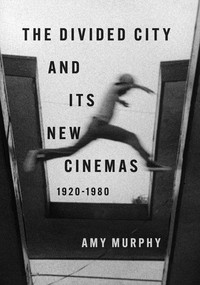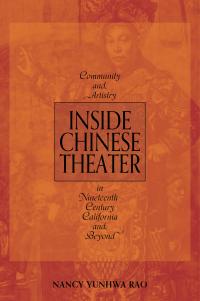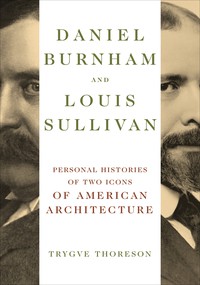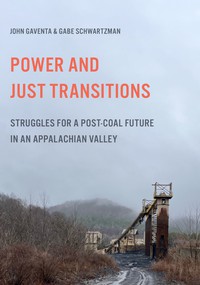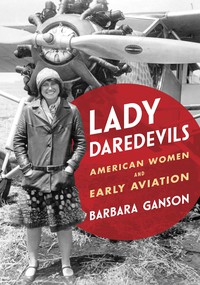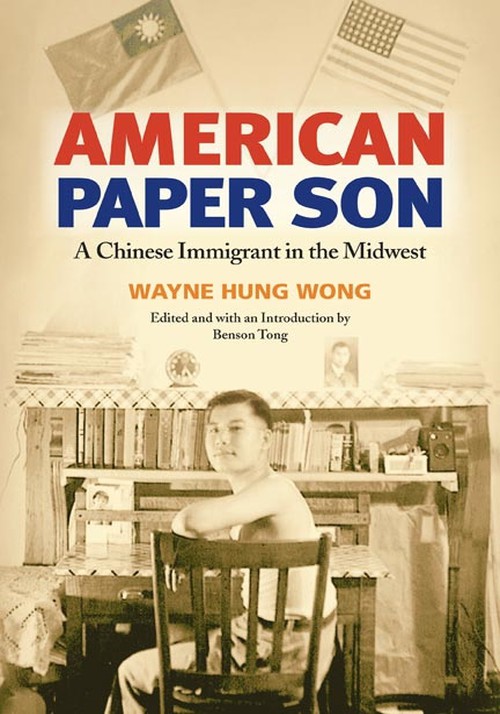
American Paper Son
A Chinese Immigrant in the Midwest
Edited and with an Introduction by Benson Tong
A captivating look at a hidden chapter in Chinese American history
Paper – $23
978-0-252-07263-5
eBook – $19.95
978-0-252-05652-9
Publication Date
Paperback: 01/01/2006
Cloth: 01/02/2006
Cloth: 01/02/2006
About the Book
In the early and mid-twentieth century, Chinese migrants evaded draconian anti-immigrant laws by entering the US under false papers that identified them as the sons of people who had returned to China to marry. Wayne Hung Wong tells the story of his life after emigrating to Wichita, Kansas, as a thirteen-year-old paper son. After working in his father’s restaurant as a teen, Wong served in an all-Chinese Air Force unit stationed in China during World War II. His account traces the impact of race and segregation on his service experience and follows his postwar life from finding a wife in Taishan through his involvement in the government’s amnesty program for Chinese immigrants and career in real estate. Throughout, Wong describes the realities of life as part of a small Chinese American community in a midwestern town.Vivid and rich with poignant insights, American Paper Son explores twentieth-century Asian American history through one person’s experiences.
